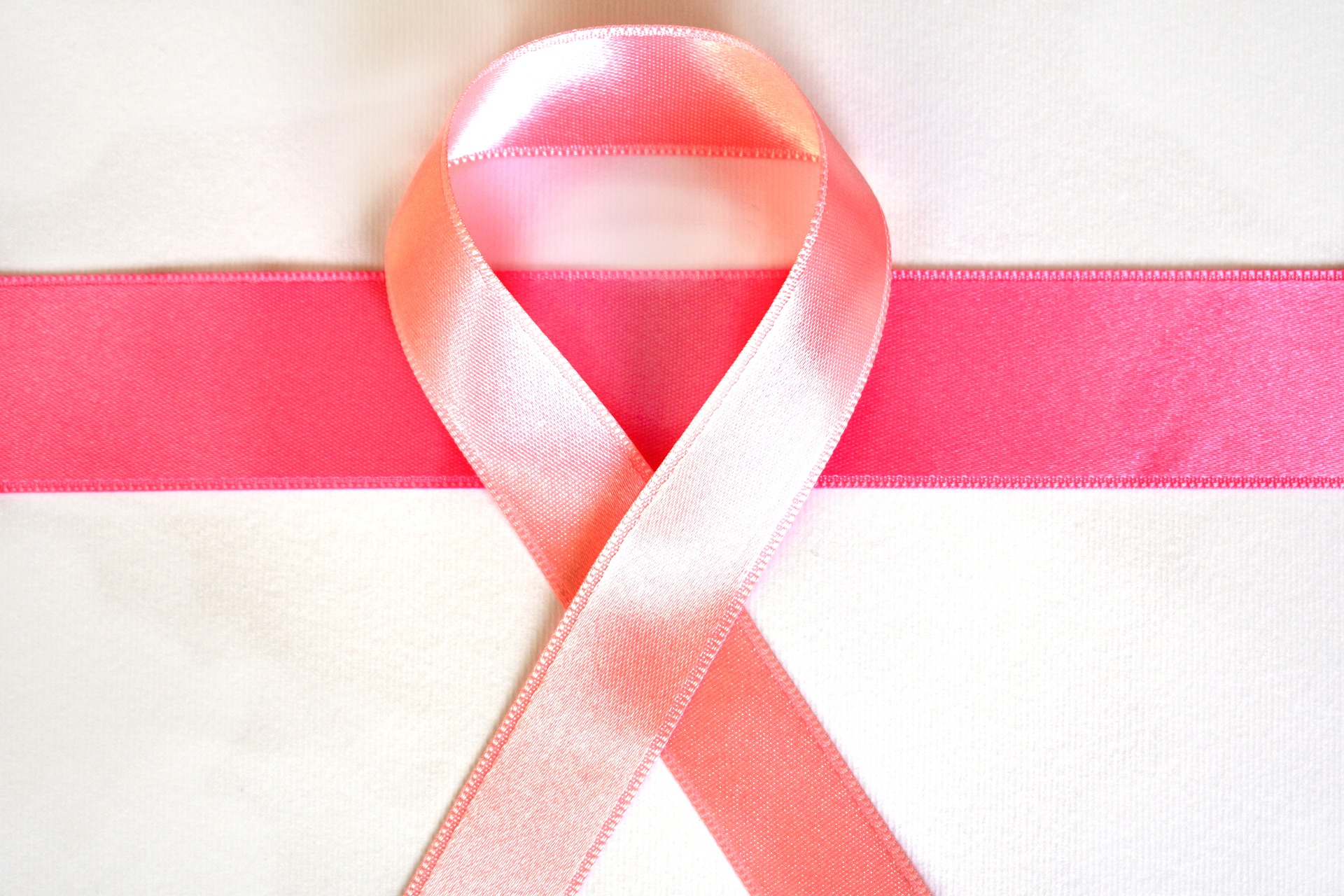Media Release
From: JAMASurvival in Women, Men Diagnosed With Breast Cancer
Bottom Line: An analysis of nearly 1.9 million patients diagnosed with breast cancer suggests overall survival is lower among men than women and that undertreatments and clinical characteristics account for much of the difference. The study included National Cancer Database data for 16,025 male and 1.8 million female patients diagnosed with breast cancer between 2004-2014. Men had higher mortality across all breast cancer stages. For men, the three-year survival rate was 86.4% and the five-year survival rate was 77.6%. For women, the three-year survival rate was 91.7% and the five-year survival rate was 86.4%. Limitations of the study include a lack of information on cancer recurrence and cause of death, as well as missing information on details of cancer pathology and treatment, patient compliance data, lifestyle factors and coexisting illnesses. Study authors suggest future research focus on why clinical characteristics and biological features may have different implications for survival in male and female patients with breast cancer.


